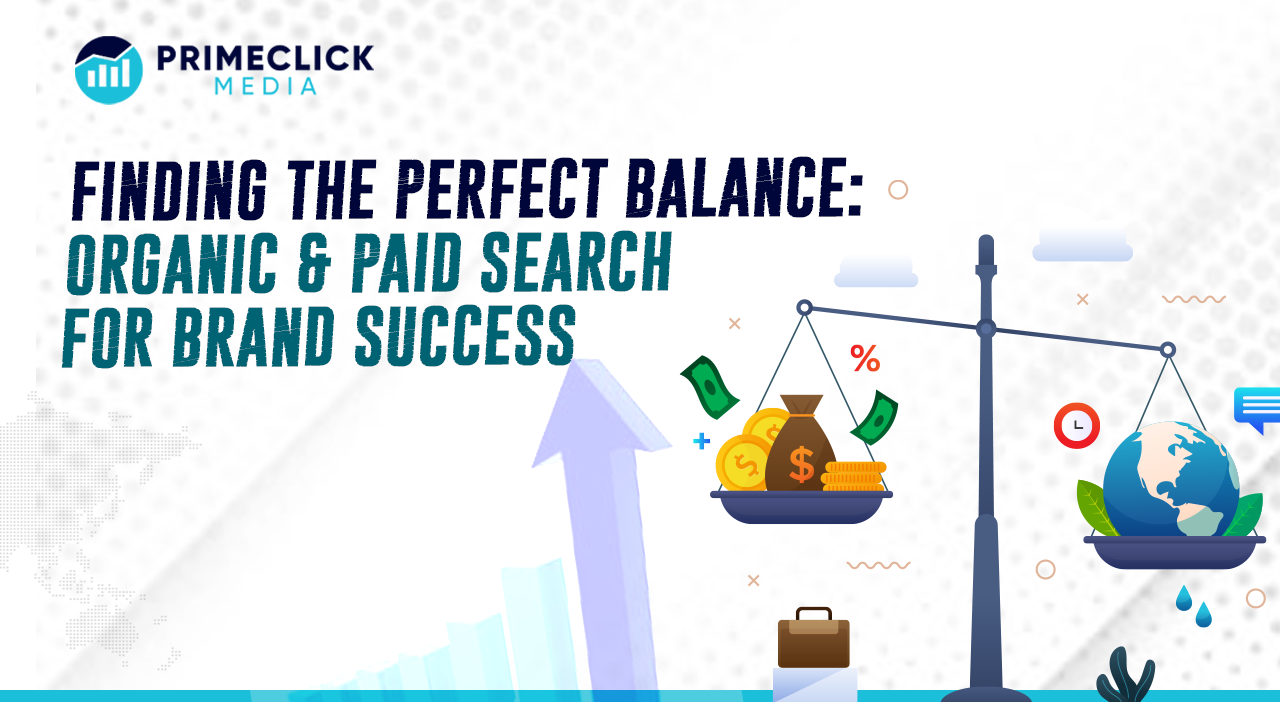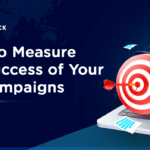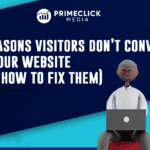
Businesses are always trying to attract more traffic, generate leads, and ultimately increase revenue. One way to achieve these goals is by utilizing two essential digital marketing strategies: organic search and paid search. Since there is no universal approach, many brands and SMEs combine these strategies to effectively target potential customers.
However, it can be challenging to strike the ideal balance between the two. In this article, we will explore the benefits of organic and paid search, discuss the challenges involved, uncover the pitfalls to avoid, and provide expert tips on finding the perfect balance for your business.
Paid vs. Organic Search
The debate between organic search and paid search often centres around which one is better. However, it does not always have to be a competition between the two. In fact, a successful search marketing strategy often involves utilizing both organic and paid search to maximize results.
Organic search is a long-term strategy that focuses on building a strong online presence and improving search engine rankings. Paid search, on the other hand, provides immediate visibility and allows you to target specific keywords and demographics. By combining both, you can cover both short-term and long-term marketing goals.
It is also worth noting that the search landscape is constantly evolving. Search engines regularly update their algorithms, and consumer behaviour changes over time. By diversifying your search marketing strategy, you can adapt to these changes and stay ahead of the competition.
Benefits of Using Both Organic and Paid Search for Your Business
Utilizing both organic and paid search strategies can provide numerous benefits for your business. Let’s take a closer look at the advantages of integrating these two approaches:
- Increased Visibility: By leveraging both organic and paid search, you can maximize your online visibility. Organic search helps you appear in the unpaid listings, while paid search allows you to display ads at the top of search engine results pages. This dual approach ensures that your brand is visible to a wider audience.
- Targeted Traffic: Paid search allows you to target specific keywords and demographics, ensuring that your ads reach the right audience. Organic search, on the other hand, attracts users who are actively searching for relevant content. By combining these strategies, you can drive targeted traffic to your website and increase the likelihood of conversions.
- Diversified Marketing Strategy: Relying solely on one strategy, whether it’s organic or paid search, can be risky. Search engine algorithms change, and consumer behaviour evolves. By diversifying your marketing strategy, you can adapt to these changes and reduce the risk of relying on a single channel.
- Data-driven Optimization: Both organic and paid search provide valuable data and insights that can help you optimize your campaigns. Paid search platforms offer detailed analytics and metrics that allow you to track the performance of your ads. Organic search data, such as keyword rankings and website traffic, can help you identify areas for improvement and refine your content strategy.
Challenges Businesses Face When Using Organic and Paid Search, and Solutions
While integrating both organic and paid search can be highly effective, it’s important to be aware of the challenges that businesses may face. By understanding these challenges, you can proactively address them and maximize the impact of your search marketing efforts.
- Marketing Budget Allocation: Determining how much to invest in organic search versus paid search can be a difficult task. Paid search can provide immediate results, but it can also be costly, especially if you’re targeting competitive keywords. On the other hand, organic search requires time and effort to optimize your website and create valuable content. Finding the right balance between the two is crucial to ensure that you’re making the most of your budget.
- Keyword Cannibalization: This occurs when multiple pages on your website target the same keyword. This can lead to confusion for search engines and dilute the ranking potential of your pages. To avoid this, it’s important to conduct thorough keyword research and ensure that your organic and paid campaigns are targeting different variations of keywords or different stages of the customer journey.
- Lack of Alignment Between Paid and Organic Search Strategies: When your paid and organic search strategies are not aligned, it can result in a disconnect that fails to meet user expectations. To address this issue, ensure you coordinate your efforts. Make sure that your paid and organic campaigns are in sync, targeting the same keywords and topics. This alignment will create a seamless and satisfying user experience, as they will encounter consistent messaging and content throughout their journey.
- Tracking and Attribution: It can be difficult to determine which channel is responsible for a conversion, especially if users interact with both organic and paid listings before making a purchase. Implementing proper tracking mechanisms and using advanced analytics tools can help you gain insights into the customer journey and attribute conversions accurately.
- Competition Is Still a Problem: While mixing paid and organic search strategies can boost your marketing, it still doesn’t solve one of the major problems; competition. Competition for top organic rankings is fierce, and bidding on popular keywords in paid search can be expensive. To overcome this challenge, continually optimize your campaigns, conduct competitor analysis, and explore niche keywords or long-tail variations that may have lower competition.
Mistakes to Avoid When Using Organic and Paid Search
There are certain mistakes that brands should avoid when combining SEO and Search Ads to maximize their results. Let’s take a look at some common pitfalls and how to avoid them.
- Lack of Coordination: One of the biggest mistakes businesses make is failing to coordinate their organic and paid search efforts. It’s important to align your keyword targeting, messaging, and landing pages across both channels to provide a consistent user experience. This coordination also helps avoid keyword cannibalization, as mentioned earlier.
- Poor Keyword Selection: Choosing the right keywords is crucial for both organic and paid searches. Businesses often make the mistake of targeting broad keywords that have high competition and low conversion rates. Instead, focus on long-tail keywords that are more specific, have higher intent, and are most likely to drive high-quality traffic.
- Ignoring Data and Analytics: Both organic and paid search provide valuable data and insights that can help you optimize your campaigns. Ignoring this data is a mistake that can prevent you from uncovering areas for improvement and making data-driven decisions. Regularly analyze your performance metrics, track conversions, and use A/B testing to refine your strategies.
- Not Adapting to Changes: The search landscape is constantly evolving, and what works today may not work tomorrow. Not adapting to these changes is a mistake that can hinder your search marketing efforts. Stay up-to-date with the latest industry trends, search engine algorithm updates, and consumer behaviour changes.
Conclusion
By leveraging the benefits of both organic and paid search, businesses can increase their online visibility, drive targeted traffic, diversify their marketing strategy, and achieve long-term growth. However, it’s important to be aware of the challenges, avoid common mistakes, and adapt to changes in the search landscape.
Get in touch with us today, let us help you find the perfect balance and watch your business thrive in the digital world.




